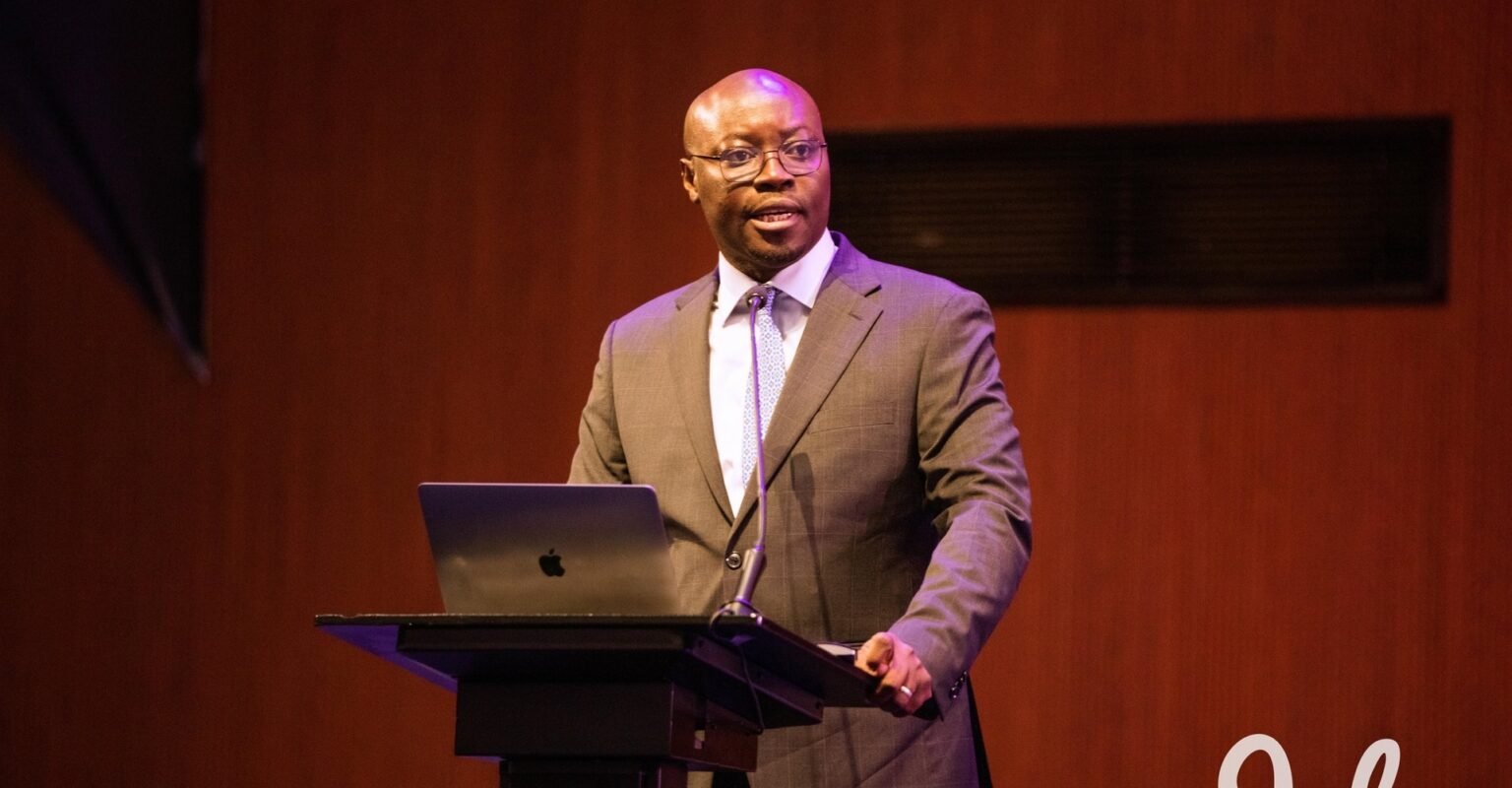Finance Minister Dr. Cassiel Ato Forson has proposed sweeping reforms to Ghana’s Fiscal Responsibility Act, Public Financial Management (PFM) Act, and Procurement Act, citing institutional weaknesses that have worsened the country’s fiscal challenges.
Speaking at the National Economic Dialogue on March 3, 2025, he emphasized the need for stronger enforcement mechanisms, policy direction, and structural reforms to enhance fiscal discipline and efficiency.
Dr. Forson stressed that Ghana’s fiscal challenges require more than taxation, expenditure control, and financing strategies. He explained that institutional reforms and sound policy direction must drive Ghana’s economic reset, acknowledging that the current frameworks have failed to prevent fiscal indiscipline and rising debt accumulation.
“The Fiscal Responsibility Act of 2018 failed to contain debt accumulation, which was the very reason it was introduced in the first place. Weak enforcement, credibility issues, and loopholes in the law have limited its effectiveness,” he stated.
The Act, which established a 5% cap on fiscal deficits to promote macroeconomic stability, has struggled with poor enforcement, leading to fiscal slippages. Its suspension in 2020 during the COVID-19 crisis allowed for increased government spending, resulting in a fiscal deficit of 11.4% of GDP, significantly breaching the limit. The International Monetary Fund (IMF) has since called for amendments to the Act to reinforce fiscal discipline, including introducing a debt target to limit extra-budgetary spending.
Dr. Forson also pointed out that counter-cyclical fiscal policies—which should allow the government to save during economic booms and spend during downturns—have been ineffective due to poor enforcement.
The Finance Minister identified State-Owned Enterprises (SOEs) as a major fiscal risk, emphasizing that their poor financial performance continues to strain public finances.
“SOE reforms are critical. We must address the growing fiscal risks from contingent liabilities and cost-related pressures that arise from their inefficiencies,” he said.
He specifically named two non-performing SOEs as key concerns:The Electricity Company of Ghana (ECG) in the energy sector and COCOBOD in the agriculture sector.
Dr. Forson stressed that urgent restructuring is necessary to reduce their financial burden on the state.
The Minister also highlighted the urgent need to modernize Ghana’s Public Financial Management (PFM) and Procurement systems, describing them as outdated and ineffective in enforcing long-term fiscal discipline.
“The PFM and budgetary control systems must be restored, as they are now outmoded and inadequate for today’s economic realities,” he stated.
The National Economic Dialogue 2025, themed “Resetting Ghana: Building the Economy We Want Together,” is a two-day forum held on March 3rd and 4th, 2025. Initiated by President John Dramani Mahama, the event brings together leading economic experts, policymakers, industry leaders, and stakeholders to discuss Ghana’s economic challenges and develop strategies for sustainable growth.
As Ghana faces rising debt, inflation, and fiscal constraints, the proposed reforms are expected to play a key role in restoring macroeconomic stability and fostering investor confidence.




